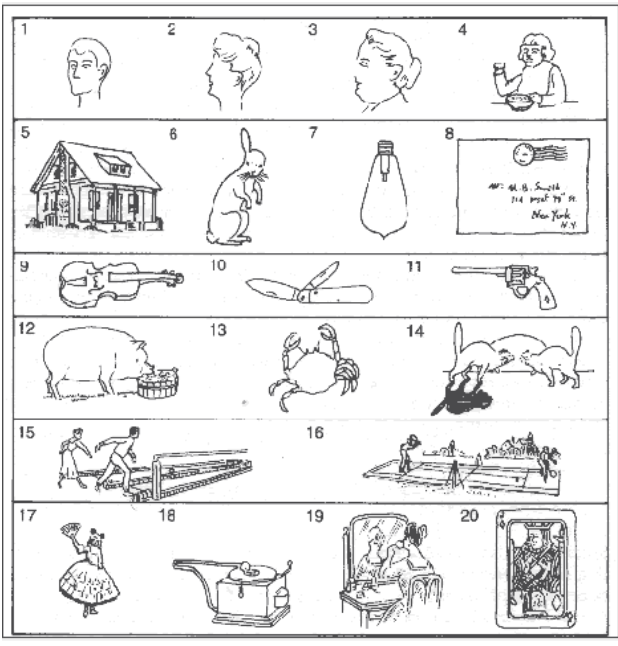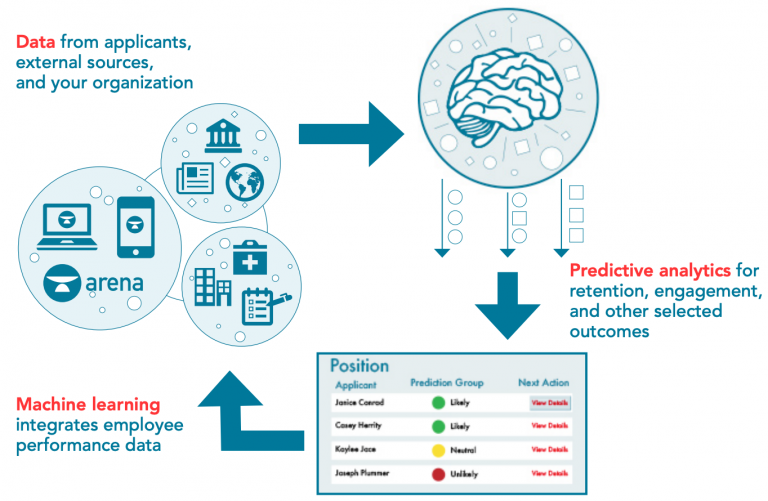One of the most commonly used tools in the hiring process, talent assessments (also called pre-employment screening tests) have been in use for more than 100 years. While many human resource professionals and hiring managers take the effectiveness of assessments for granted, it’s worth taking a look at what is actually being “assessed,” and whether there may be more effective methods available to more accurately predict whether a candidate will succeed in a given position.

The Origins of Assessments
It may surprise HR professionals to know that talent assessments have their roots in the American military, not in the business world. Inspired by Alfred Binet’s Intelligence Tests of the early 1900’s, psychologists developed the first multiple choice screening test to classify World War I army recruits. With a pictorial version for the 40% of draftees who were illiterate, and a written version for the rest, “Army Alpha” and “Army Beta” [50-minute tests] classified 1.75 million men over the course of the war. These tests determined assignments and training, recommending 135,000 to be commissioned officers and 8,000 to be dismissed.
It’s impossible to audit century-old results to determine the effectiveness of those initial assessments, but the fact that assessments share a lineage with IQ tests is enough to give one pause. The potential for bias in IQ testing, among other issues, has been well documented through the years, though clearly those issues were not top of mind over a hundred years ago.
Assessing Subjective “Fit” vs. Objective Data
Candidate screening tests have evolved over the course of the 20th century, of course, but most still take 40-50 minutes to complete and are focused on comparing question responses made by candidates to a theoretical model of competency or ‘fit.’ These assessments challenge job applicants with test-like questions designed to measure skills, knowledge, motivations, personality, or cognitive processes, and measure their answers against undeniably subjective criteria.
Even in their current form, assessment tools are, by and large, highly ineffective at predicting employee retention––one of the most important factors in building and nurturing a stable workforce. Today’s assessments involve cumbersome, time-consuming questionnaires that don't predict whether the applicant will stay in the job, and practically invite bias into the hiring process.
There is a better way. Instead of subjecting candidates to hundreds of questions in a “yes/no” or “right/wrong” paradigm, Arena Analytics AI-based retention prediction tool powered by predictive analytics require less than five minutes to complete and draw on multiple sources of data to predict outcomes and mitigate bias. By using real-time data feeds and sophisticated machine learning, the Arena solution is constantly changing and improving, unlike static assessment tools that don’t account for changing dynamics in the workforce and market.
Arena’s technology applies a range of machine learning techniques to thousands of data points collected directly from candidates as well as from data sources reflecting the labor market and the prospective employer. Relevant, publicly-available data sources — Glassdoor, Indeed, local news feeds, U.S. Bureau of Labor Statistics, et al — further contextualize the candidate. At the end of the day, the hiring manager is left with cold, hard, proven data, rather than a subjective analysis that may or may not be rooted in reality.

Differences Between Arena Analytics and Traditional Assessments
Real-Time Updates Traditional assessments are static and don’t account for changing dynamics in the place of work and the current market. Arena uses real-time data feeds for AI candidate screenings. Algorithms adjust as an employer makes changes in management or operations.
Machine Learning Our algorithms change constantly and improve due to our application of cutting edge machine learning tools for AI candidate screenings. Not only do our algorithms automatically learn from new information, but our team of data scientists review and investigate algorithms and predictions in order to adjust data sources, re-calibrate algorithms, and improve outcomes.
Measurable Impact Traditional assessments have been in use for quite some time, yet have never demonstrated any real impact at improving retention. Turnover continues to rise year-over-year, nationally. For all Arena clients, however, turnover rates measurably decrease.

![[object Object]](https://images.ctfassets.net/ucbt0bqomge5/7E8mkC5lfJQuG50F6bnha0/894f557420d8022c56830406d0d9f919/business-career-placement-concept-joyful-asian-woman-smiling-holding-resume-while-sitting-front-directors-during-corporate-m.png?w=352&h=240&q=100&fm=png)